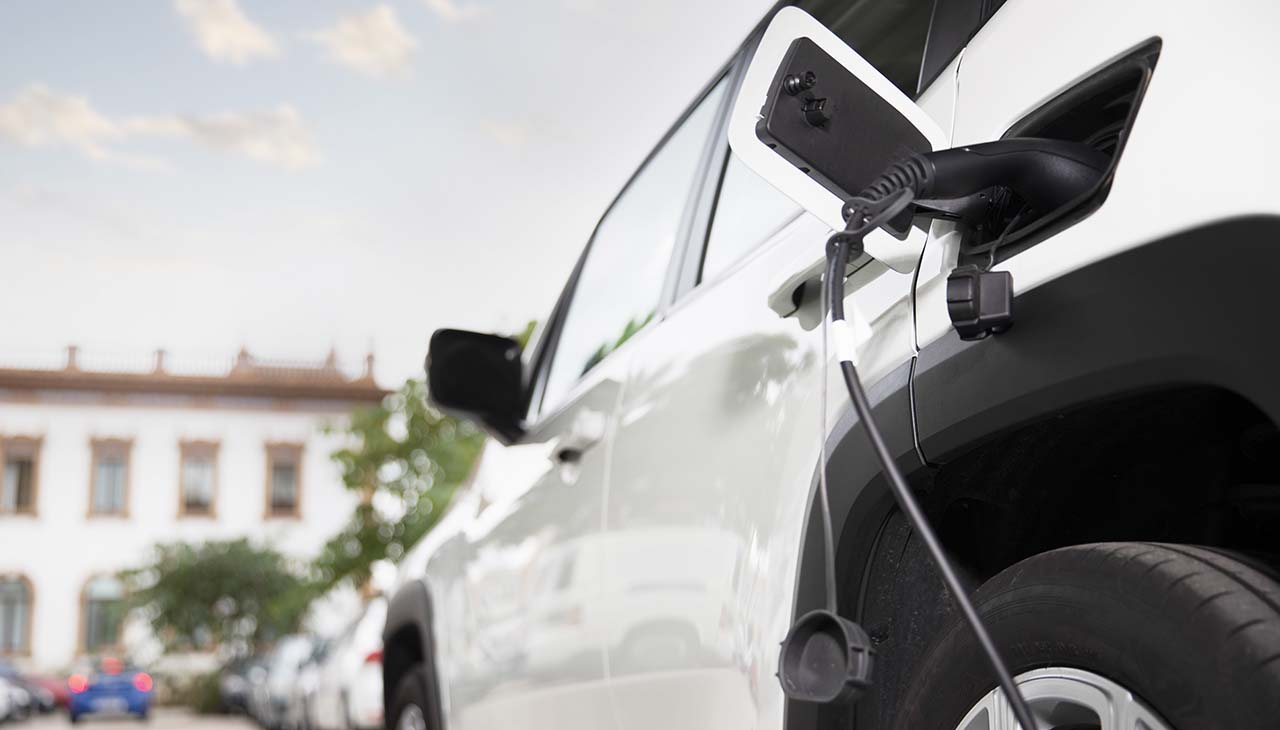Electric vehicles (EVs) are rapidly driving forward a monumental shift in the automotive industry, not only by challenging the century-old dominance of internal combustion engines but also by promising a future of clean, efficient, and smart transportation solutions. As concern for the environment intensifies and technology advances, electric cars emerge as the vanguard in the pursuit of reducing carbon emissions and dependence on fossil fuels. This transformative movement is not just reshaping the concept of personal mobility but is also steering the conversation towards sustainable living and global energy security.
Environmental Impact
Reduction of Greenhouse Gas Emissions
The proliferation of electric vehicles holds the promise of significantly reducing greenhouse gas (GHG) emissions, especially when they are powered by renewable energy sources. Unlike their gasoline-powered counterparts, EVs release no tailpipe pollutants, leading to cleaner air and a noticeable drop in smog levels in urban settings. This mitigates the health risks associated with air pollution, contributing to a more sustainable and healthier planet.
Conservation of Natural Resources
Electric vehicles contribute to the conservation of natural resources by decreasing the reliance on petroleum, a non-renewable resource. By shifting the demand from oil to more sustainable energy resources, such as wind or solar power, the EV market helps in preserving delicate ecosystems that are often disrupted by drilling and mining activities. Furthermore, advances in battery technology and recycling are paving the way for more efficient use of materials, thereby fostering resource conservation.
Promoting Sustainability and Clean Energy
The electric car revolution is intrinsically linked to the broader push for sustainability and the transition to clean energy practices. The integration of EVs with smart grid technologies exemplifies the synergy between transportation and energy sectors. This relationship encourages the development of infrastructure to support clean energy generation and distribution, fortifying the commitment to sustainability. Moreover, as renewable energy increasingly powers the electrical grid, the environmental footprint of electric vehicles continues to diminish, heralding a future that embraces clean mobility solutions.
Technological Advancements
Battery Technology Innovation
In the realm of electric vehicles, battery technology stands at the core of innovation, driving ranges upward and charging times downward. Breakthroughs in solid-state batteries and lithium-ion technology are leading the charge, by enhancing energy density and battery lifespans, hence improving the overall efficiency and performance of EVs. Innovators and researchers are continuously pushing the boundaries, developing new materials and methods to increase the sustainability and eco-friendliness of battery production and recycling, ensuring that EV batteries contribute to a circular economy.
Autonomous Driving and Connectivity Features
The symbiosis between EVs and cutting-edge technological features like autonomous driving is setting the stage for a future where cars are not just responsible for getting from point A to point B but are also intelligent companions on the road. Autonomous features ensure enhanced safety, reduced traffic congestion, and optimized energy use, while
Economic Factors
Cost Savings for Consumers
The advent of electric vehicles introduces significant cost savings for consumers over the long term. The lower operating costs of EVs are a result of reduced maintenance requirements due to fewer moving parts and the relatively low cost of electricity compared to gasoline. Additionally, governments around the world are offering various financial incentives, such as tax credits and rebates, to offset the higher initial purchase price of electric cars. These factors combined make the total cost of ownership of an EV increasingly economical, presenting a compelling financial argument for consumers making the switch to electric.
Job Creation and Economic Growth
The shift towards electric vehicles is a powerful catalyst for job creation and economic growth. This burgeoning sector demands new skill sets and roles, ranging from battery production to advanced vehicle manufacturing, fostering an environment ripe for innovation and employment opportunities. Furthermore, the need to develop and upgrade infrastructure for EVs, such as charging stations and energy networks, instigates a wave of investment that stimulates local economies and creates a wide array of jobs in construction, engineering, and services.
Impact on Traditional Automotive Industry
The emergence of electric vehicles imposes a disruptive impact on the traditional automotive industry. Manufacturers who have long relied on the production and sale of internal combustion engine vehicles are compelled to re-strategize and adapt to the tectonic shift towards electrification. The transition involves rethinking supply chains, investing in new technologies, and sometimes facing significant financial challenges. While some industry giants are embracing this change as an opportunity for innovation and leadership in the EV market, others risk declining relevance if they do not evolve with the shifting landscape of automotive transportation.
Consumer Adoption
Shifting Consumer Preferences
Consumer preferences are increasingly tilting towards environmentally friendly and cost-effective transportation options. As awareness about the impact of fossil fuels on climate change grows, consumers are becoming more conscious of their carbon footprint and making lifestyle choices that align with sustainability goals. The sleek designs, lower operational costs, and advanced technologies of electric vehicles are becoming more appealing, significantly influencing buyer behavior and fostering a market that is more receptive to EV adoption.
Overcoming Range Anxiety
One of the primary consumer concerns impeding the widespread adoption of electric vehicles is range anxiety—the fear of running out of power before reaching the destination or a charging station. Manufacturers are actively addressing this challenge by advancing battery technology, expanding driving range, and improving the availability and speed of charging infrastructure. Education and real-world testimonials also play an essential role in dispelling myths and demonstrating that, for most drivers, the range of modern EVs is more than sufficient for daily use.
Government Incentives and Policies
Government policies and incentives are crucial in accelerating consumer adoption of electric vehicles. By implementing measures such as tax breaks, subsidies, and grants, governments can make EVs more financially attractive. Additionally, regulations that mandate reduced vehicle emissions and reward sustainable practices encourage manufacturers to prioritize the development of electric models. Investments in infrastructure, such as public charging networks, further support the burgeoning EV landscape, creating a conducive environment for consumers to make the shift to electric mobility.
